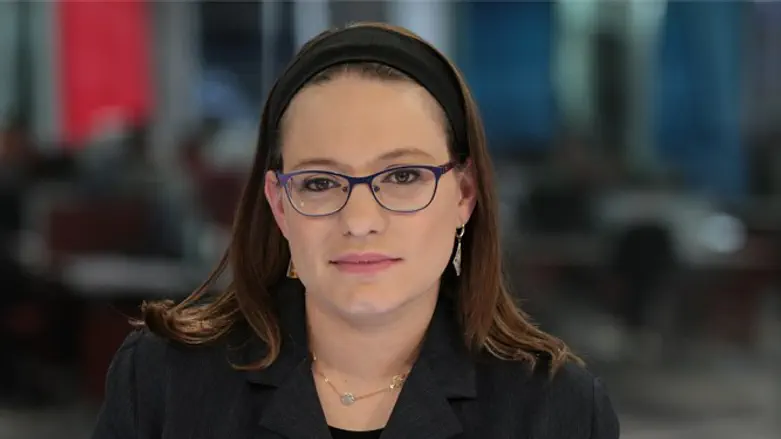
"From Moshe to Moshe, there arose no one like Moshe" – Thus we are accustomed to say regarding Moshe Rabbeinu, who is mentioned for the first time in this past Shabbat's Torah portion, and Moshe ben Maimon, the Rambam, who passed away yesterday exactly 816 years ago.
It is difficult to exaggerate the importance of the Rambam -- halackhic authority and philosopher, astronomer and physician, leader and educator. What can we, dwarves by comparison, learn from these two giants?
First, both of them were great men who had concern for those much lesser than they. Moshe Rabbeinu worried about everyone, from the lost sheep of his flock to the lowliest slave in Egypt. The commentators explain that he was called Moshe not by chance, but because he was drawn out of the water (in Hebrew, the root meaning of "Moshe" and "drawn out of the water" is the same), just as the people would be drawn out of Egypt by Moshe, out of the depths of slavery and ignorance into a life of freedom and Torah.
Rambam used his genius to reach out to the people as well: he educated, sent letters of encouragement to far off Jewish communities, wrote books of philosophy as well as books accessible to the general public, in order that everyone would be able to understand the Torah.
Second, both of them acted on behalf of their faith and their people -- before the entire world -- with dignity, wisdom, and sensitivity. In an era when Judaism and Jews are still seen by some as a problem and not a solution, it is important to remember these two figures. This week we begin to read about Moshe the liberator and we continue to read the works of Moshe the educator who passed away 816 years ago.
From Moshe to Moshe, no one arose like Moshe and, in a sense, both of them continue to draw us out – from exile to redemption, from lack of understanding to clear comprehension of the Torah.
********************************************************
In contrast, our leadership today is chosen not by Hashem and not by the level of their knowledge. We are left dealing with elections:
Heavenly assistance needed
How are we supposed to deal with yet another round of elections?
Rav Yehuda Henkin passed away just over a week ago. He came on aliyah from the United States and was a prominent educator and authority on Jewish law. He was also the father of Rav Eitam Henkin who was murdered with his wife in a terrorist attack.
In one of his articles he wrote that election day is supposed to be a day of prayer and Torah study, as follows:
"For some reason, elections are considered to be a strictly secular matter. Every resource is drawn upon to propagandize, to recruit voters, to organize rallies and all the rest. We do not minimize any of these efforts. On the other hand, there is nothing that demands more guidance from above than election of our leaders."
"Who among us can predict the future, and who can see into the hearts of the candidates? And if we were to know what is in their hearts, we do not know -- and the candidates themselves do not know -- what will happen tomorrow and how they will react to future events. We have already known those who have been elected due to a certain platform yet, in practice, they did the opposite. Leadership that looks good today may be revealed as a disaster tomorrow and vice versa. We require an enormous amount of heavenly assistance regarding elections."
"Elections are no less important than war, and sometimes are even more fateful. Whoever thinks that the lexicon of elections begins with 'rally' and ends with 'propaganda' is in error. To this vocabulary we need to add 'Torah,' 'prayer,' 'teshuva,' and 'tzedakah.'"
• Translation by Yehoshua Siskin